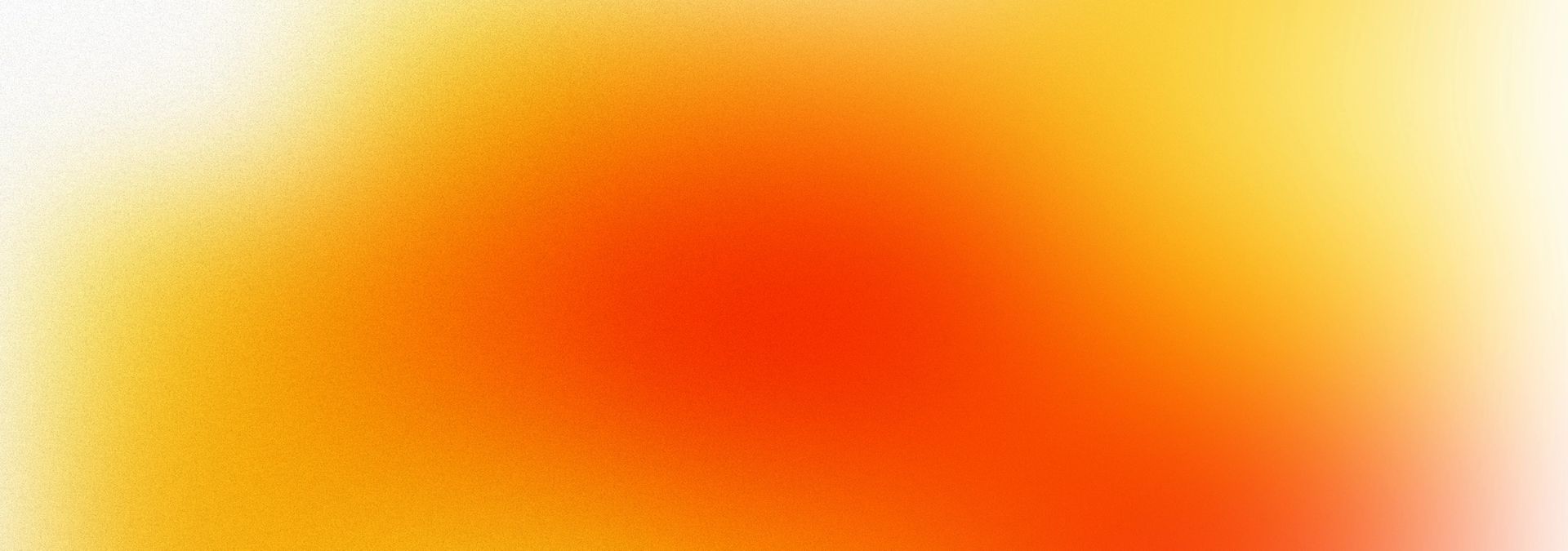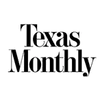
'You tell me your ZIP code, and I can tell you how healthy you are'
Dr. Robert Bullard says, 'It’s already hard to breathe in some neighborhoods. The coronavirus will make it even harder. It will kill you.'
"While COVID-19 is a new phenomenon, racial disparities in health outcomes are not," writes Amal Ahmed in an interview with Texas Southern University's Dr. Robert Bullard, whose ground-breaking research in Houston in the 1970s "demonstrated that facilities like waste and sewage plants were disproportionately placed in the city’s black neighborhoods, leading to a higher concentration of health problems."
Ahmed asks Bullard about environmental justice. "The coronavirus seems to be a public health disaster that’s layering on top of existing disparities in environmental and social determinants of health. How do you see these things as interconnected, and how are environmental vulnerabilities making the coronavirus worse in certain communities?"
He replies: "We know that if communities are saturated with all kinds of polluting facilities —landfills, incinerators, petrochemical plants and refineries, and coal power plants — and the air quality is bad, you’ll find high rates of ill health: asthma, respiratory illnesses and other kinds of diseases that are elevated among people of color and poor people, like diabetes and hypertension.
"We’re not even dealing with the coronavirus yet: we’re talking about studies that have shown that areas that have high concentration of polluting facilities also have high concentration of health disparities. So when you apply that to this virus that appears to be attacking the respiratory system … and the cardiovascular system, it’s already hard to breathe in some of these neighborhoods. The coronavirus will make it even harder. It will kill you."
STAY UP TO DATE
The quality of our newsletter is considered satisfactory and poses little or no risk.
SUBSCRIBE

